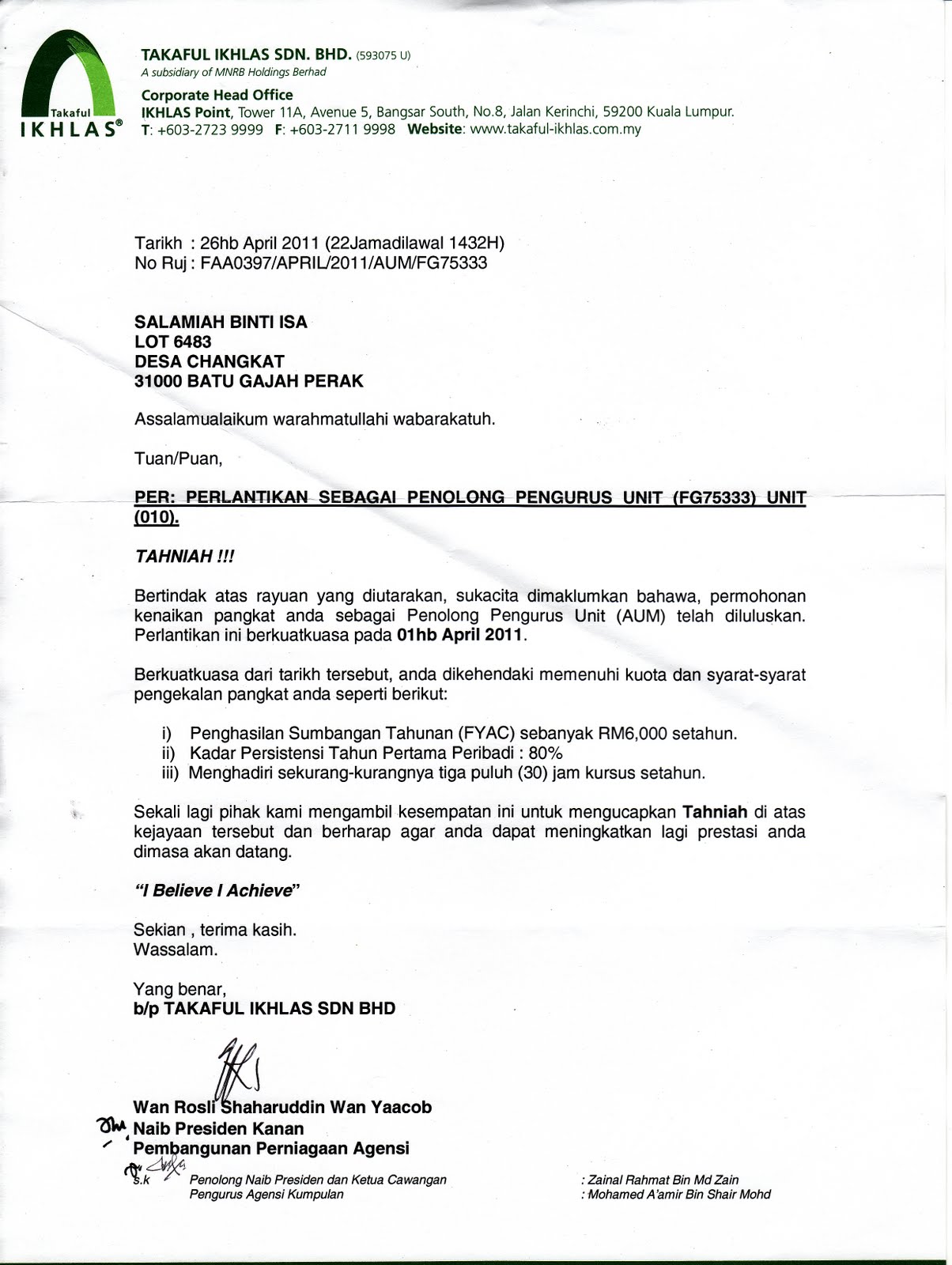Celebrate Success: The Art of Crafting a Salary Increase Letter
Imagine this: you've been consistently exceeding expectations at work. You're a valuable asset to your team, always willing to go the extra mile. You've been diligently tracking your accomplishments and feel confident in the value you bring. Naturally, you're hoping your hard work will be recognized, perhaps in the form of a well-deserved raise. But how do you approach this delicate subject with your employer? This is where a thoughtfully crafted salary increase letter comes in, acting as a bridge between your accomplishments and your desired compensation.
While the thought of initiating this conversation might seem daunting, crafting a salary increase letter doesn't have to be a stressful experience. Think of it as an opportunity to showcase your contributions and professionalism. Just like a well-written thank you note or a heartfelt letter of appreciation, a salary increase letter is a way to communicate effectively and advocate for yourself in a positive and constructive manner.
Historically, salary discussions have often been shrouded in secrecy and discomfort. However, as workplaces evolve to prioritize open communication and employee value, approaching the topic of a raise with transparency and professionalism is becoming increasingly common. A well-structured salary increase letter can serve as a valuable tool in this process.
One of the primary challenges in requesting a salary increase is ensuring your request is well-received and taken seriously. By presenting your case in writing, you create a tangible record of your achievements and your desired compensation. This also allows your manager or HR department to review your request thoughtfully and consider it within the context of your performance and the company's budget.
But what exactly makes a salary increase letter effective? Firstly, it's about clarity. Clearly state your desired salary increase percentage or amount. This leaves no room for ambiguity and allows for a direct and transparent conversation. Secondly, back up your request with concrete evidence of your accomplishments. Highlight projects where you exceeded expectations, initiatives you spearheaded, or positive feedback you've received. Lastly, maintain a professional and respectful tone throughout your letter. Remember, this is a negotiation, not a demand.
Advantages and Disadvantages of Salary Increase Letters
| Advantages | Disadvantages |
|---|---|
| Provides a formal record of your request | May not be suitable for all workplace cultures |
| Allows you to carefully articulate your value and accomplishments | Requires careful wording and tone to avoid misinterpretations |
| Gives your employer time to consider your request thoughtfully | Might not guarantee an immediate salary increase |
While every workplace and individual circumstance is unique, there are several best practices to keep in mind when crafting your salary increase letter. Firstly, research salary benchmarks for your role and experience level in your geographic location. Websites like Glassdoor and Salary.com can provide valuable insights into industry standards. Secondly, time your request strategically. Consider asking for a raise after a successful performance review or after completing a significant project. Lastly, be prepared to negotiate. Your initial request might not be met in full, but having a clear understanding of your worth and desired salary range allows for a productive discussion.
Approaching the conversation about a salary increase with confidence and a well-crafted letter can pave the way for a positive outcome. Remember, your contributions deserve to be recognized, and advocating for yourself professionally is a key aspect of career growth and financial well-being.
Navigating legal waters insight into a baton rouge attorney
The infectious joy of happy cat meme songs
Bedtime stories and songs the power of a pre sleep narrative














